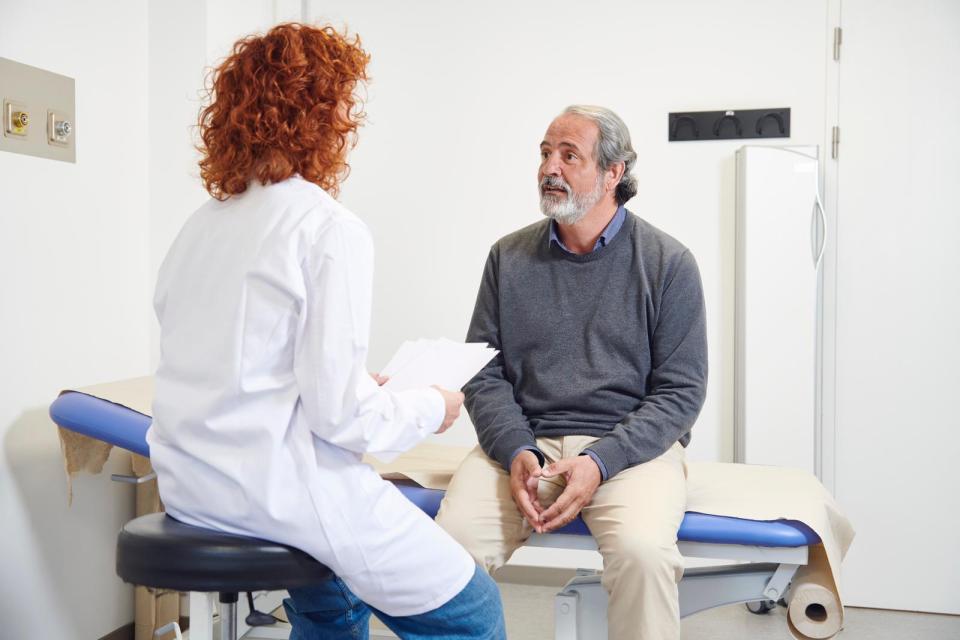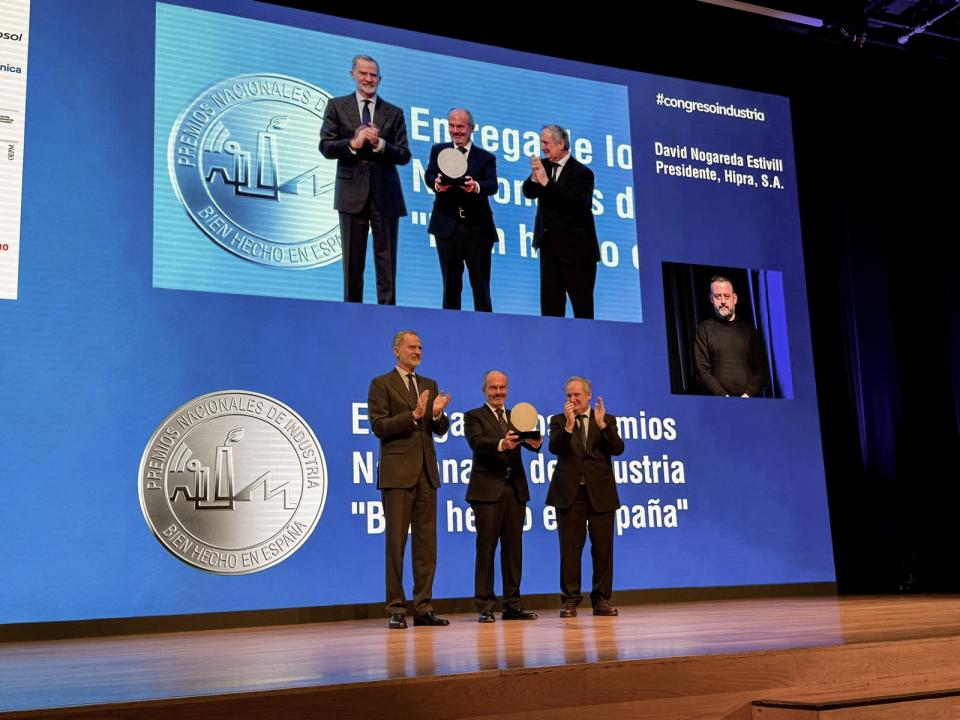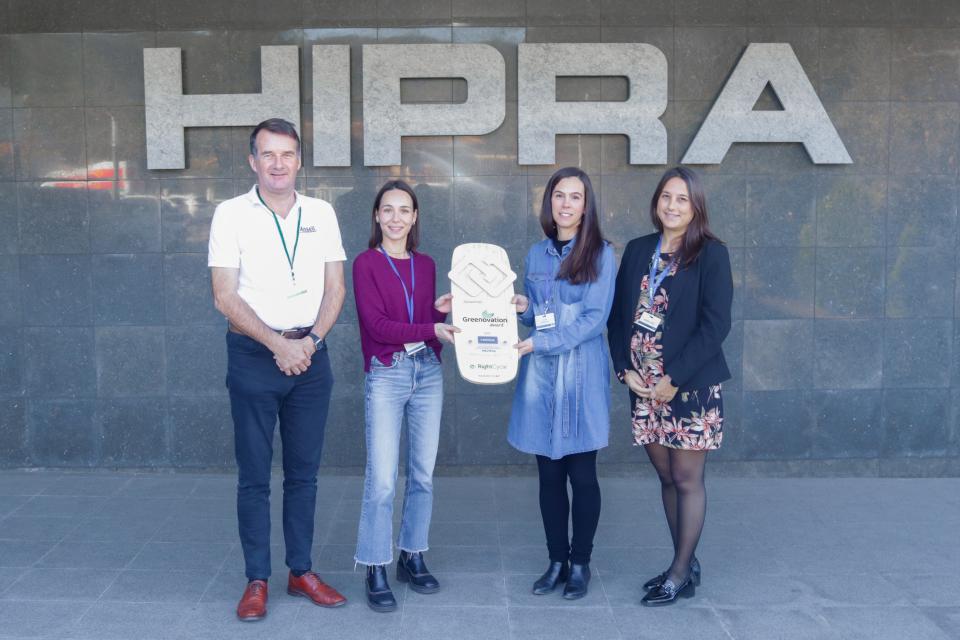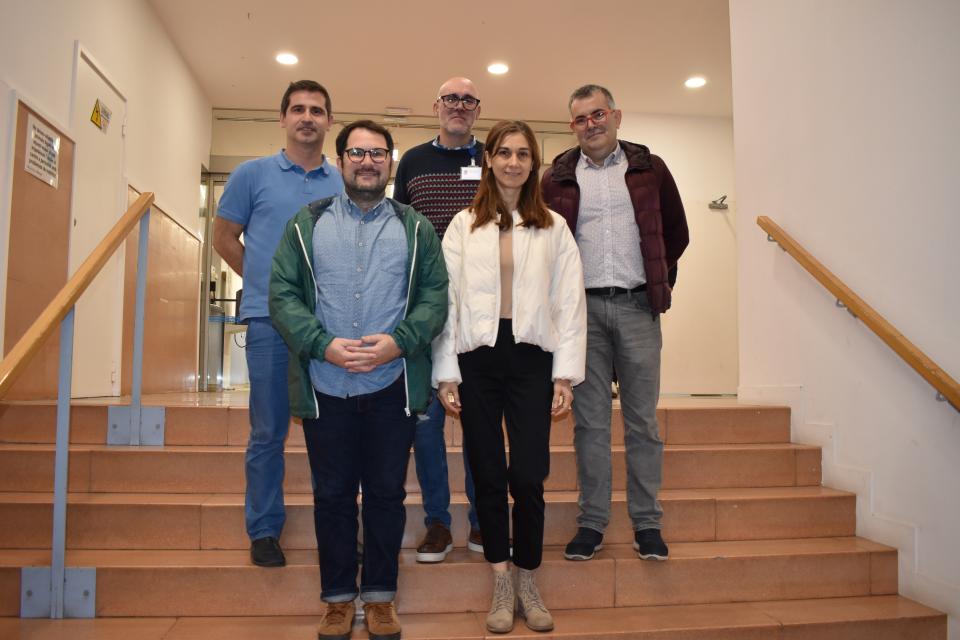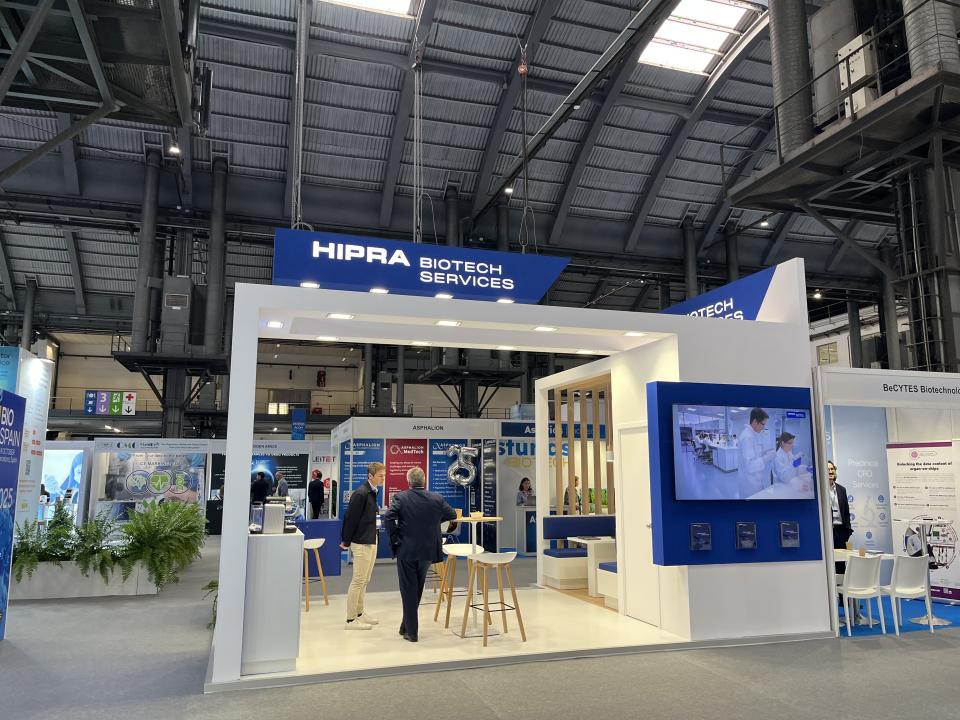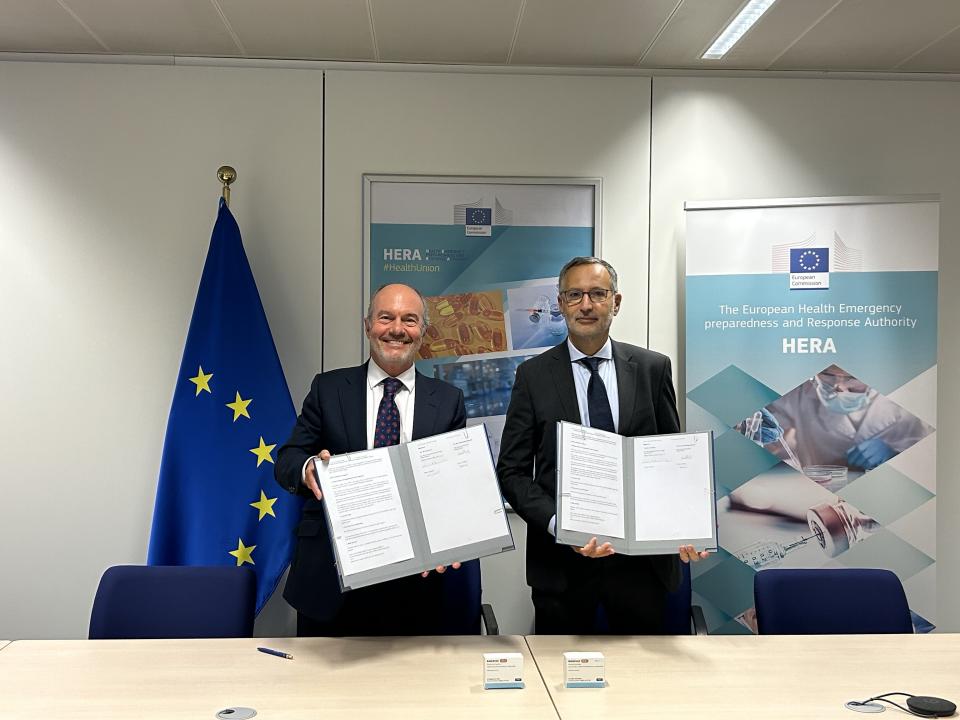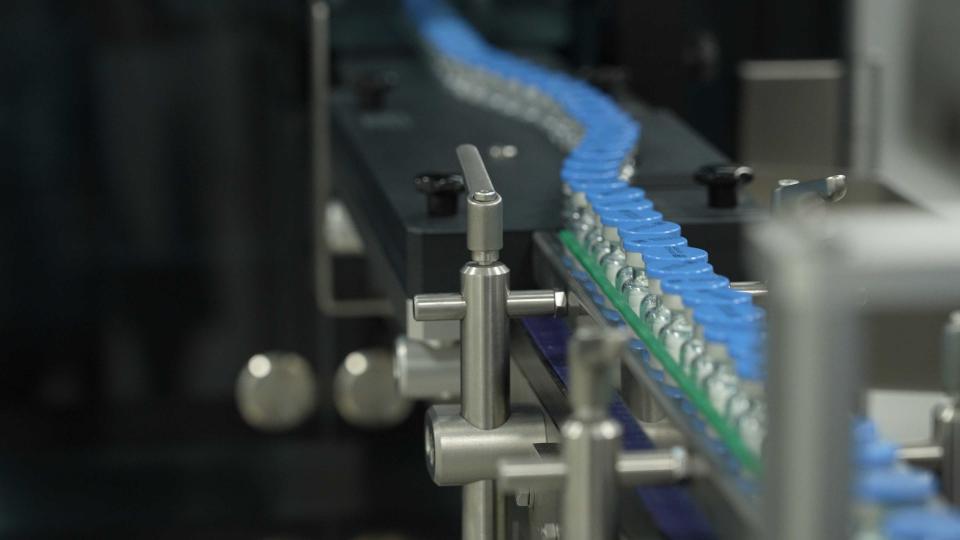The non-invasive solution developed by GoodGut, a company within the HIPRA group, expands the reach of colorectal cancer screening and improves diagnostic accuracy.
In the context of the expansion of the national screening program by the Ministry of Health, a study shows how a complementary strategy supported by this tool can reduce false positives and ease the healthcare system’s burden.
As part of World Digestive Health Day and following the recent announcement by the Ministry of Health to extend the colorectal cancer screening program to individuals up to 74 years old, GoodGut—a company of the HIPRA group focused on digestive health—presents the results of a study on the implementation of its non-invasive test. The company proposes an effective solution to address sustainability, coverage, and diagnostic accuracy challenges in early detection programs for colorectal cancer (CRC).
